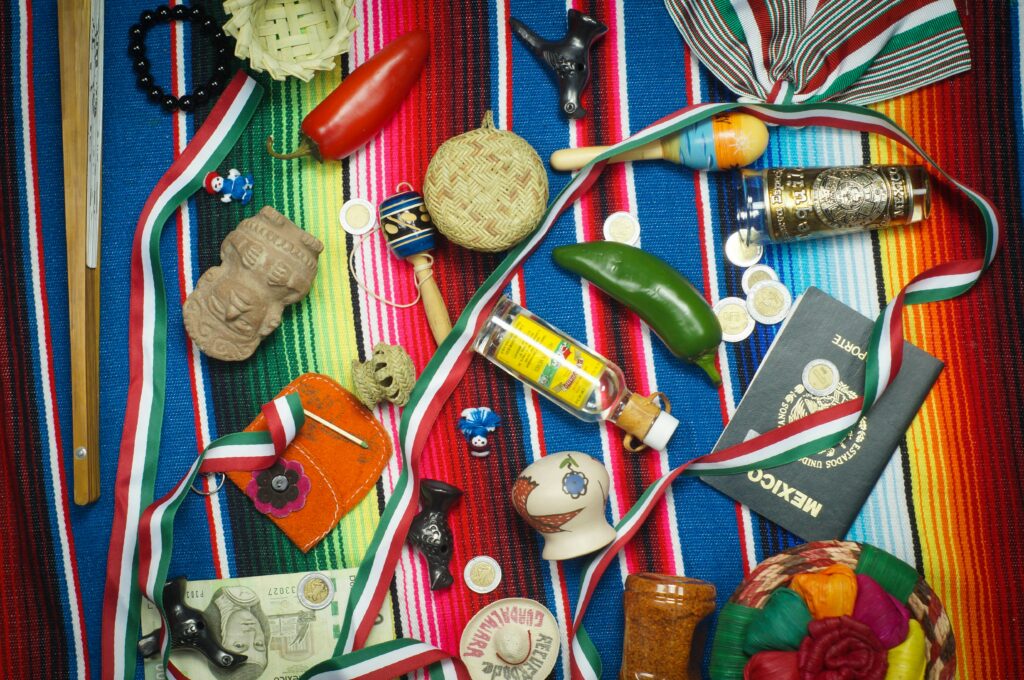
Part 1: Introduction | Part 2: Flexible Evangelism | Part 3: Drawing the Line 1 | Part 4: Drawing the Line 2
When we’re considering how to adapt to a different culture in our gospel outreach, it’s helpful to consider how the early church approached the same question. In an earlier post we noted that the church did indeed wrestle with cultural differences, but for many of those conflicts we don’t have much information about how they resolved them.
An exception is the question of meat offered to idols, discussed in 1Corinthians 8-10 particularly, and perhaps, to a lesser extent, in Romans 14. When asked the simple question, “Is it permitted to eat such meat?” (1Co 8.1), Paul gives a fairly complex answer—and in the process he reminds us of the basis on which we make these decisions. I‘ve written on this passage elsewhere, but it’s worth summarizing some of the salient points here.
First, Paul begins by answering a question that they didn’t ask. He says that the goal is not knowledge, but love (1Co 8.1-2). I don’t think I’m reading too much into his observation when I say that in our approach to different cultures, we should not assume that we have all the answers; rather, we should act in the best interests of those we’re approaching.
Then Paul turns to how to apply that general principle to this specific question. Even if your view is demonstrably correct (1Co 8.4-6), the best interests of the other person are served when you consider his cultural background and adapt to it (1Co 8.7).
Now, I hasten to add that this adaptation cannot violate the principles of truth and of loyalty to God and his Word. If the matter does not violate such things, then the believer is free to adapt, even to give up his own rights—or culturally based sensibilities—for the sake of the other’s eventual spiritual well-being (1Co 9). But he may not adapt to the new culture in ways that constitute false worship (1Co 10.1-22). And, perhaps surprisingly, he ought to prefer acting rudely in a given cultural situation than undercutting the spiritual health of fellow believers (1Co 10.23-30).
The overarching principle, he says, is the glory of God (1Co 10.31).
Now for some application of these principles. Suppose you’re working in a culture with a dominant religious tradition that is false. You may not know whether a given cultural element—say, a common funeral tradition or holiday custom—is meaningfully tied to that false religion. You’re going to have to ask for wisdom from believers in that culture and to respect their judgment; you’re going to have to place more value on their opinions than on your own.
Some years ago, while I was teaching in Mexico, my host took me to lunch at a fancier-than-usual taco restaurant. As we entered, the greeter asked if we would like to sit in the mariachi section or non-mariachi. My host, an American, immediately said, “Non-mariachi, please.” As we sat down, I said, “I’d have preferred to sit in the mariachi section.” He replied, “For the believers here, mariachi has cultural connotations that are unhealthy, and they won’t associate with it.”
I picked up a little wisdom that day. Respect the opinions of those who know about the culture; tourists are notoriously unwise in their interactions, because they’re simply ignorant, even when well-meaning.
In general, it’s unwise to embrace all of a culture’s elements without doing some research. I would agree, as would pretty much everybody else, that Hudson Taylor was justified in wearing Chinese clothing and growing his hair into the queue typical of the culture. But that decision was considered and informed by his understanding of the culture. Praying to one’s ancestors, however, is quite another matter.
After Taylor, Gladys Aylward argued that the cultural practice of foot binding had to stop. And with influence from her and other Christian missionaries, the practice came to an end. As far as I’m aware, the practice did not involve devotion to some false religion, but it certainly violated the Christian principle of loving one’s neighbor.
Sometimes you embrace the culture. But you do not endorse its every practice; the gospel is not enhanced by mere grooviness. And the distinction must be based on careful thought and objective truth.
Next time: The Big Idea.
Photo by Joseph Grazone on Unsplash

Leave a reply. Keep it clean.